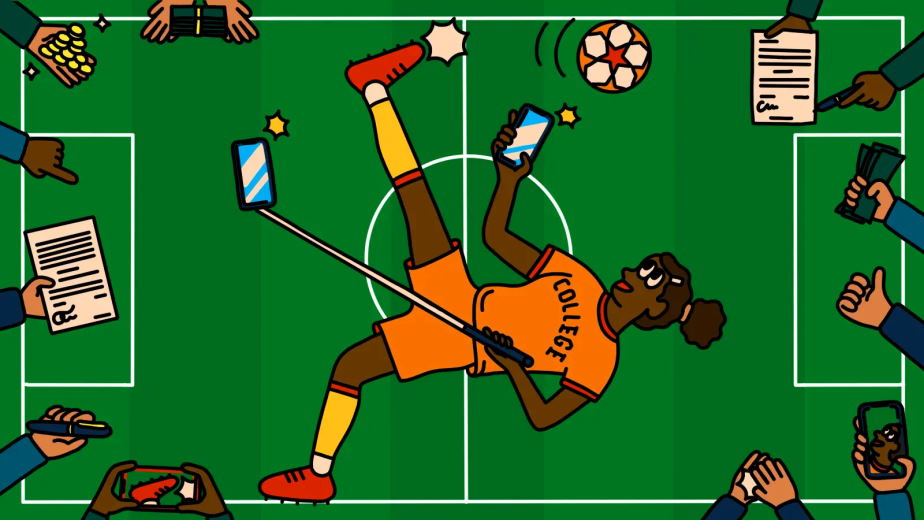There are many comparisons that can be made between college sports and professional sports. Both have their pros and cons, and it ultimately comes down to what matters most to each individual. Some people prefer the passionate competition of college sports, while others appreciate the more polished nature of professional sports. No matter which side you fall on, it’s hard to deny that both offer unique and enjoyable experiences.
Professional vs. collegiate sports
There are many factors to consider when comparing college sports and professional sports. Some people may prefer one over the other, while others may enjoy both aspects. Here are some pros and cons to help you decide which is right for you.

College Sports:
- Pro: College athletes often have more time to train and practice than professionals.
- Con: College athletes may be less experienced than professionals.
- Pro: College teams represent their schools and communities, creating a sense of pride and loyalty.
- Con: Professional teams usually have bigger budgets and better facilities, giving them an advantage over college teams.
- Pro: College sports offer opportunities for athletes to earn scholarships and compete at the highest level of their sport.
- Con: Some people argue that college sports are too commercialized and focused on winning rather than the love of the game.
Professional Sports:
- Pro: Professional athletes are typically more skilled and experienced than college athletes.
- Con: Professional athletes often have less free time to train and practice than college athletes.
- Pro: Professional teams represent their cities or regions, creating a sense of pride and loyalty.
- Con: Some professional leagues are plagued by drug use, violence, and other negative behaviors.
- Pro: Professional sports offer opportunities for athletes to earn a living doing something they love.
- Con: Some people argue that professional sports are too commercialized and focused on winning rather than the love of the game.
Consider all of the factors before making your decision. Then, whichever you choose, make sure you’re playing for the right reasons – because you love the game.

The difference between collegiate and professional athletes
Collegiate athletes are those who compete in intercollegiate sports. Although some may be older than traditional students, these athletes are typically students at the college or university level. On the other hand, professional athletes are paid to play their sport. They may compete in national or international leagues, and their sole source of income comes from their sport. There are many differences between collegiate and professional athletes. Perhaps the most obvious is the level of competition. Collegiate athletes compete against other collegiate teams, while professional athletes usually compete against other professionals in their sport. This means that the level of competition is generally higher for professional athletes. Another difference is the amount of time dedicated to training and practice. Collegiate athletes typically have shorter seasons and less training time than professional athletes. This is due to the fact that they are also students and have to balance their academics with their athletics.
On the other hand, professional athletes usually have longer seasons and more time to train since their sole source of income is their sport. This allows them to dedicate more time to becoming better at their craft. Finally, there is a difference in compensation. Collegiate athletes do not receive any financial compensation for their participation in sports. They may receive scholarships or stipends, but they are not paid a salary like professional athletes are. This is one of the biggest differences between collegiate and professional athletes. While professional athletes can make millions of dollars per year, collegiate athletes typically only receive educational benefits.


